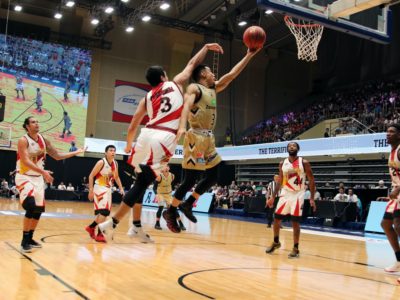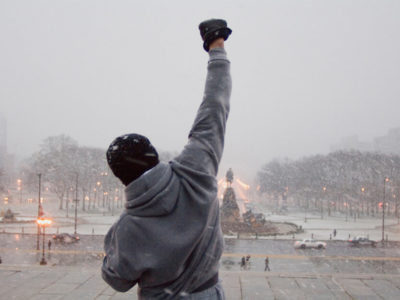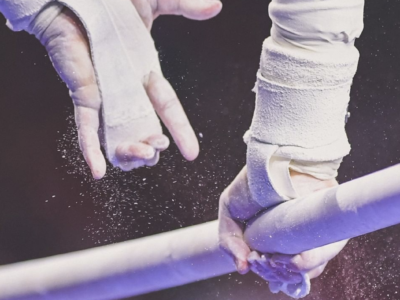The crowd’s roars, the hustle and heart of the players on the floor, and the emotional pendulum taking the form of an ever-changing scoreboard.
There lies an unmatchable aura around college basketball when March Madness arrives.
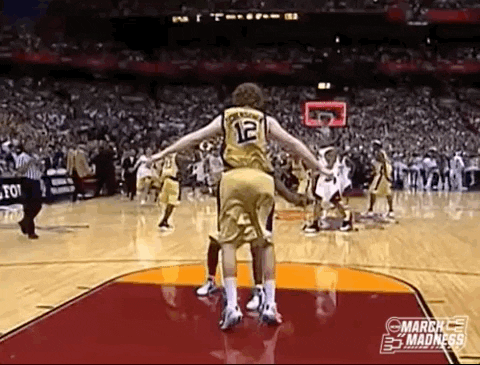
For the first time, I got a glimpse of what it felt like to not just watch a postseason sporting event of this magnitude from the comfort of my couch but to witness it in-person. The date: March 9 and I was still fully focused on my Sports Writing & Reporting class, taught by sportswriter and ESPN panelist Kevin Blackistone, at the Merrill College of Journalism. This class embodied a dream come true, as I grew up watching him on ESPN’s sports roundtable discussion show, Around the Horn.
So you can imagine my excitement and nerves when that night, I attended the CAA Basketball Championships in Southeast D.C. to cover a semifinal match-up between Northeastern and Elon for Blackistone’s class. I felt the roars and the ebb-and-flow of emotions every which way the scoring swung, albeit with lower decibel levels since it wasn’t the NCAA Basketball Tournament itself. As it turned out, it was not only the first major college sporting event I had ever covered.
Little did I know that it would also act as my last–at least for the foreseeable future.
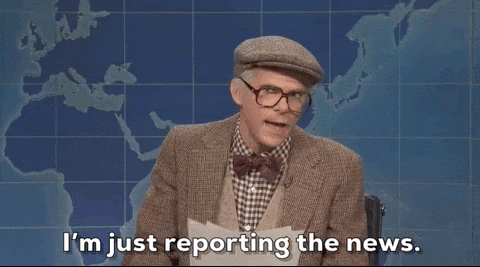
At the time–just six weeks ago, though it seems a much more distant memory–it seemed hard to grasp the gravity of this impending disaster. The death and dismay that had hit hard elsewhere in the world still felt foreign, although it had already reached America. Yet a few frantic days later, the sporting world skidded to a halt, and the entire nation soon followed suit. The levels of paranoia began rising among every American as the situation swiftly turned sour. The disappointment of sports and schools shutting down was rapidly replaced with disbelief and distress as the coronavirus spread.
As I drove home from Maryland, I learned that a game official at the CAA Championships tested positive for the virus. Internally, all I could feel was fear. What if I had contracted the virus? Would I be able to fight it off? Could I spread it to my parents, who were more at-risk than me?
Despite my best efforts to suppress my thoughts with the psychedelic serenades of Tame Impala and Jimi Hendrix, these questions and concerns swirled in my head throughout the three-hour car ride–as I’m sure they have for many anxious college students nationwide as well.
I now spend my days staring pensively out my window in between Zoom classes and yearning for the ability to go back to my old routine.
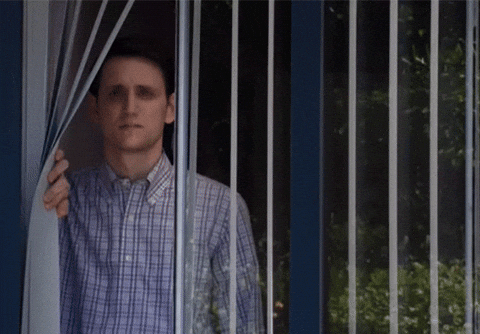
That is, without having to fear the formidable yet intangible force that has kept millions of people worldwide pent up in their homes. And yet, even as I sit in a room that reminds me of comfort and familiarity, the room that I’ve called my own since I was three, I am on the edge of a precarious perch. The questions of uncertainty stretch beyond those regarding the virus.
This year should have been filled with experiences gained in my respective field and invaluable lessons learned in the classroom. How will I be able to make up for the lost time? At the time, I produced a weekly podcast on FM radio that introduced me to broadcasting and familiarized me with speaking on-air. Will suspended projects like this ever reach a conclusion? With my hopes of an internship opportunity almost gone, will any alternatives become available to me?
Fortunately, technology has provided us with a virtual platform to continue to learn, even though the physical connection with classmates and teachers has been severed. Extracurriculars like the podcast may have gone by the wayside. But we can use the extra time at our disposal to hone skills such as reading and writing which are seminal parts of all professions–not just journalism.
The list of inconceivable hardships for college students burgeoning from this tragedy proves endless. The opportunities to improve one’s skills in a traditional professional setting may be a lost cause for the time being.
But the ability to apply already-learned skills to our current environment still has potential.
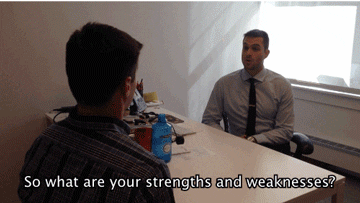
Journalists often face adversity. Just like the athletes we cover, we should embrace the challenge–even in these unprecedented circumstances. Don’t think about what could have been. Use your cunningness, your critical thinking and your creativity to your advantage. Use everything you’ve learned to this point and take this task head-on. It’s all we can do in the dystopian world in which we currently live in.

